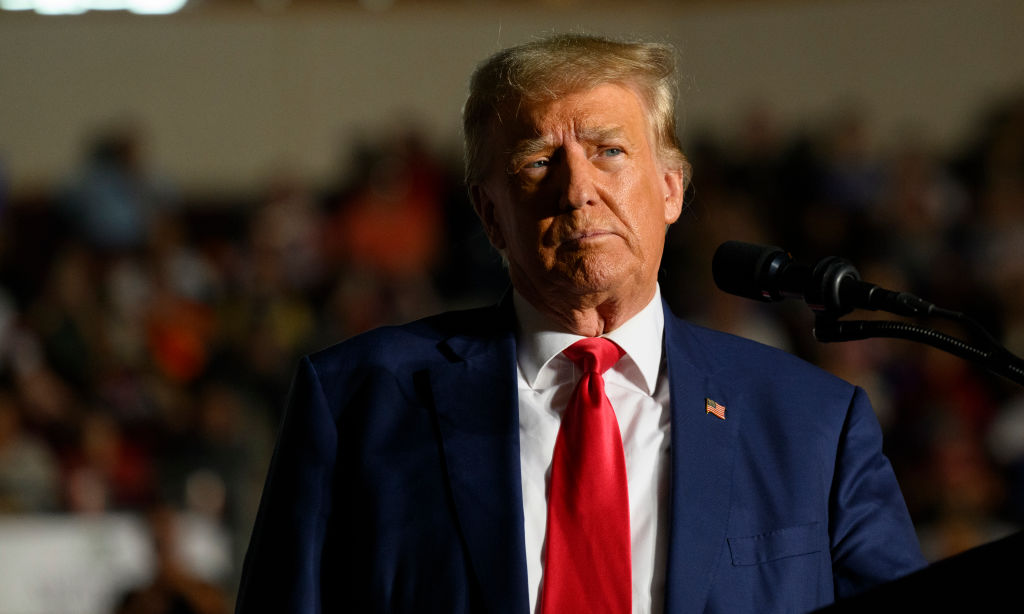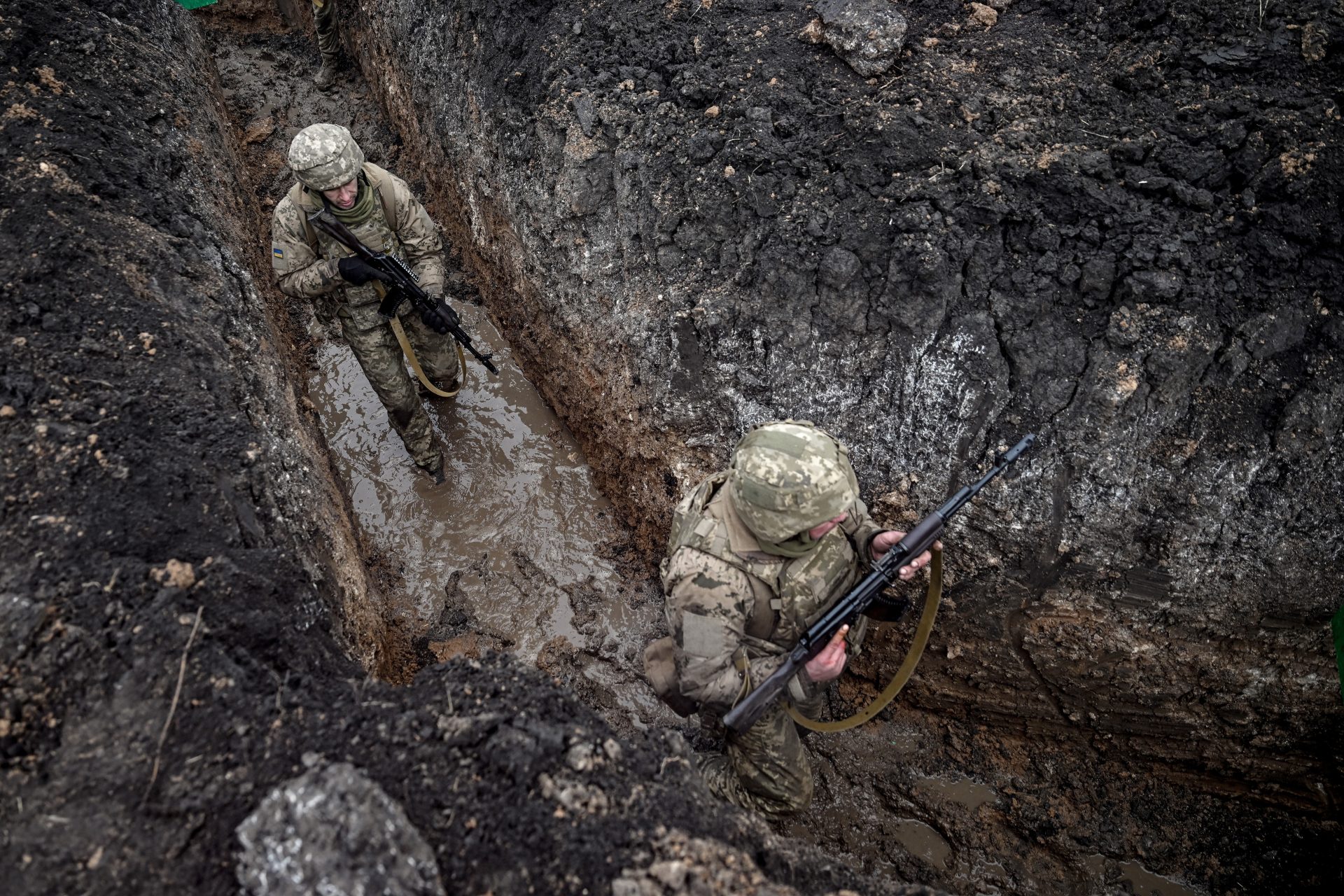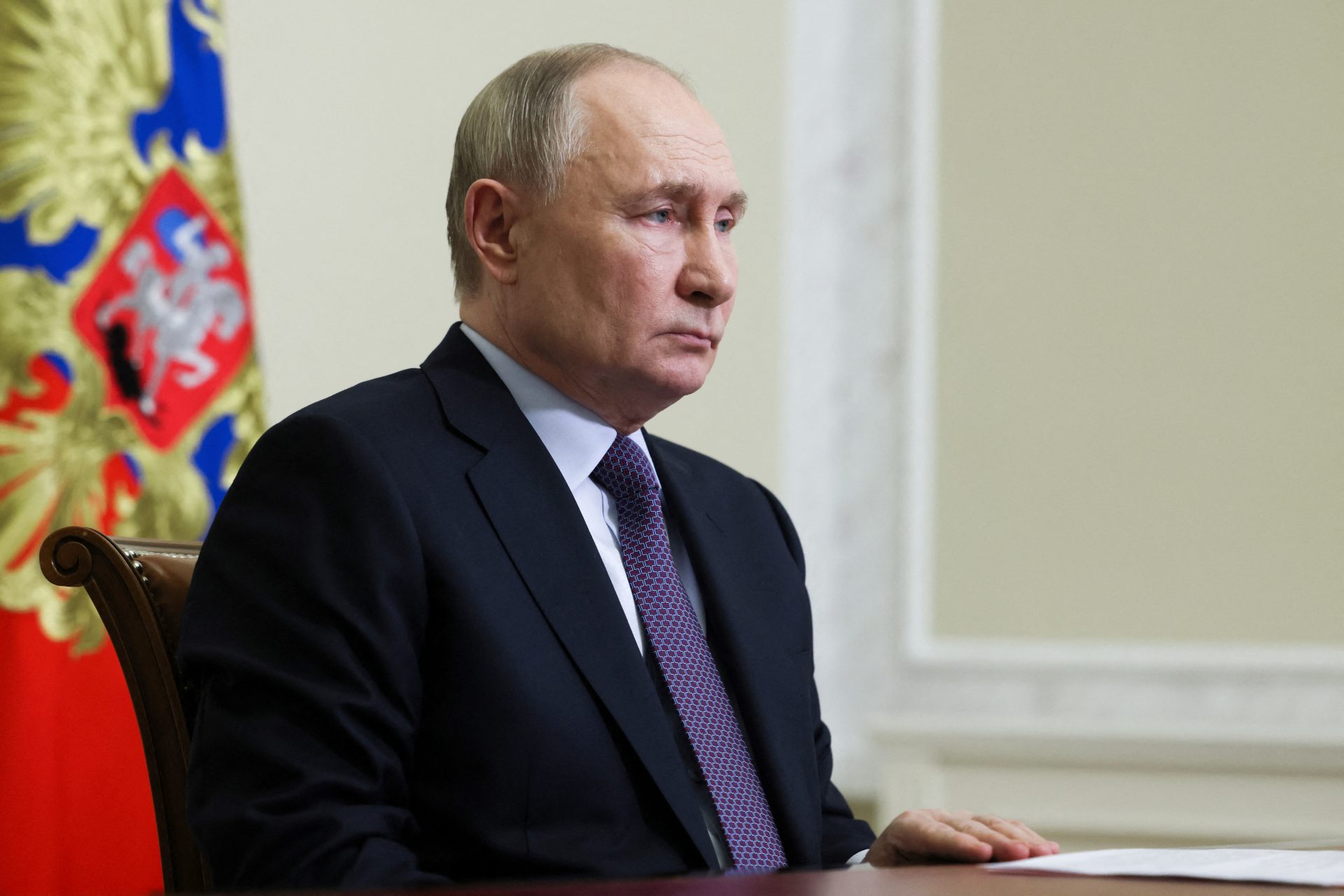Three indictments in four months: Could Trump still become president?
Former US President Donald Trump has been charged with plotting to overturn his 2020 election defeat that led to the Capitol riot, several media sources reported.
He is accused of four counts including conspiracy to defraud the US, tampering with a witness, and conspiracy against the rights of citizens.
This is the third criminal indictment for Trump in four months, which comes just weeks after he was charged with retaining classified documents, making it the first time a former president faced federal charges.
His first indictment happened on March 30, that time on state charges, by the Manhattan district attorney, for paying “hush money” to an adult film star in 2016.
Trump's personal lawyer Michael Cohen acknowledged arranging a $130,000 payment to adult film actress Stormy Daniels (pictured) in exchange for her silence about her sexual involvement with Trump in 2006.
According to CNN analyst Zachary B. Wolf, “people do routinely serve prison time for retention of classified documents, conspiracy and obstruction, but top officials accused of wrongdoing also have historically found a way out of jail.”
The criminal indictments have raised a number of legal questions; one of them being: do criminal charges disqualify Trump from being elected president? The short answer is no.
The country’s Constitution sets forth very explicit requirements for presidency: being at least 35 years old, a U.S. resident for 14 years and a natural-born citizen.
The Constitution does not require, however, that the president be free from indictment, conviction or prison. So a person under indictment or in prison may run for office and may even serve as president.
That being said, Fortune Magazine recalled that the Department of Justice concluded, in a 1973 memo, that governing from jail would be extremely difficult as core functions would be affected.
According to the 1973 memo, “the President plays an unparalleled role in the execution of the laws, the conduct of foreign relations, and the defense of the Nation,” which include several meetings abroad, for instance.
Moreover, presidents need access to classified information and briefings, which must often be stored and viewed in a secure room that has been protected against all manner of spying, something that’s likely unavailable in a prison.
Because of all this, constitutional law scholar Alexander Bickel remarked in 1973 that “obviously the presidency cannot be conducted from jail.”
However, if Trump won the election, he could seek to use his new Justice Department to sweep away his criminal liability, according to CNN White House reporter Stephen Collinson.
If he loses, he would be looking at jail time, Collinson said. However, he has a good chance of winning. According to a New York Times/Siena College poll released Tuesday, before the latest indictment news, Trump is “crushing” his main rival DeSantis, and would be head to head with Biden in a hypothetical election.
This time around, Trump thanked his followers on Truth Social, for supporting him during the “unprecedented” indictment, and said a “world of corruption, scandal, and failure has taken place in the US for the last three years.”
Trump has frequently called the various investigations surrounding him a “witch hunt,” attempting to sway public opinion on them by casting himself as a victim of “Democratic prosecutors”.
As the first indictment neared, Trump urged his supporters to protest his arrest, echoing his calls to action following the 2020 election.
The timing the trials could be important, however. CNN political commentator Scott Jennings, a Republican, argued that voters have the right to know the outcome of this case before making their decision on a new president in November 2024.
But according to CNN, Trump’s legal team has repeatedly tried to introduce delays in pending cases, while his calendar is already filling up with other trial dates next year.
More for you
Top Stories





































